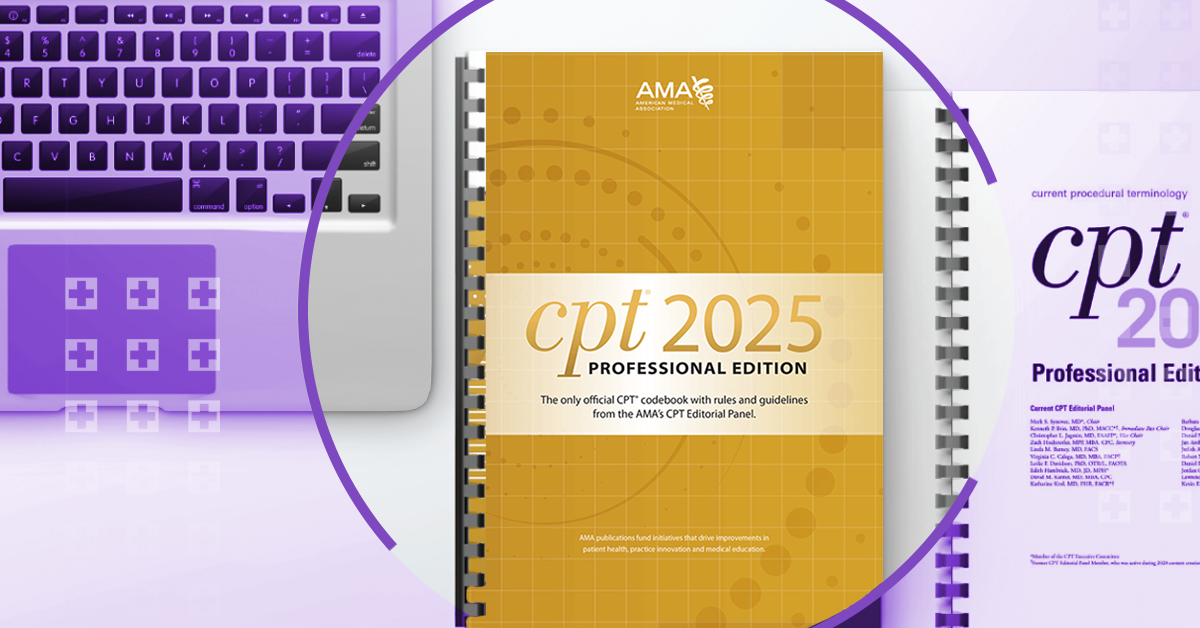The COVID-19 pandemic has caused disruption in so many ways, turning how we live, learn, and work upside down. For millions of Americans whose workplaces have been shuttered, the blurring of lines between home and office has been stressful and challenging… and as a medical coding company that’s gone remote (for now), we get it. Below is a short – but by no means exhaustive – list of hazards we should all be aware of, and if possible, strive to avoid until our offices reopen.
Low back pain – M54.5
For those adjusting to working from the family room/bedroom/kitchen/laundry room, there can be genuine longing for a decent office chair. Remember those, with the levers, adjustable heights, and lumbar support?
Loneliness – Z60.2
People who live alone face unique challenges when it comes to office shutdowns. For some in this situation, the workday may have been the only opportunity for in-person interactions with others, and in many cases, with friends. The consequences of isolation are real, and COVID-19 has only made it worse.
Overeating – R63.2
Office workers with abundant snacking options can probably ignore this hazard – you dealt with the temptation every day. But for those now setting up shop at the kitchen table (or close to it), the lure of the stocked refrigerator is real. And don’t even get us started on the pantry.
Neck pain – M54.2
Studies have shown that working from home is actually extending the work day – by a lot. That means more hours of sitting and scrolling, which can take a toll on necks and shoulders.
Eye strain – H53.10
We see you…barely. For many, working at home has meant fewer breaks and more time in front of a laptop. There’s no getting up and walking to a colleague’s desk to talk. And those face-to-face meetings are now taking place on a screen.
Anxiety/depression – F41.8
An end to commutes, Zoom calls in pajama bottoms, and lunch hour cat naps. They all seemed great at first, but for many Americans, the shine has come off of the WFH perks. In fact, the stress, uncertainty, and fear born from the pandemic are among the many factors contributing to mental health conditions like anxiety and depression.
Hearing damage – H91.93
Depending on the physical space available and the number of individuals (and pets) sharing it, finding a quiet spot for a business call can be a tall order. As people crank up the volume on earbuds and headphones to drown out the noise of kids/dogs/partners, the risk of hearing damage grows.



